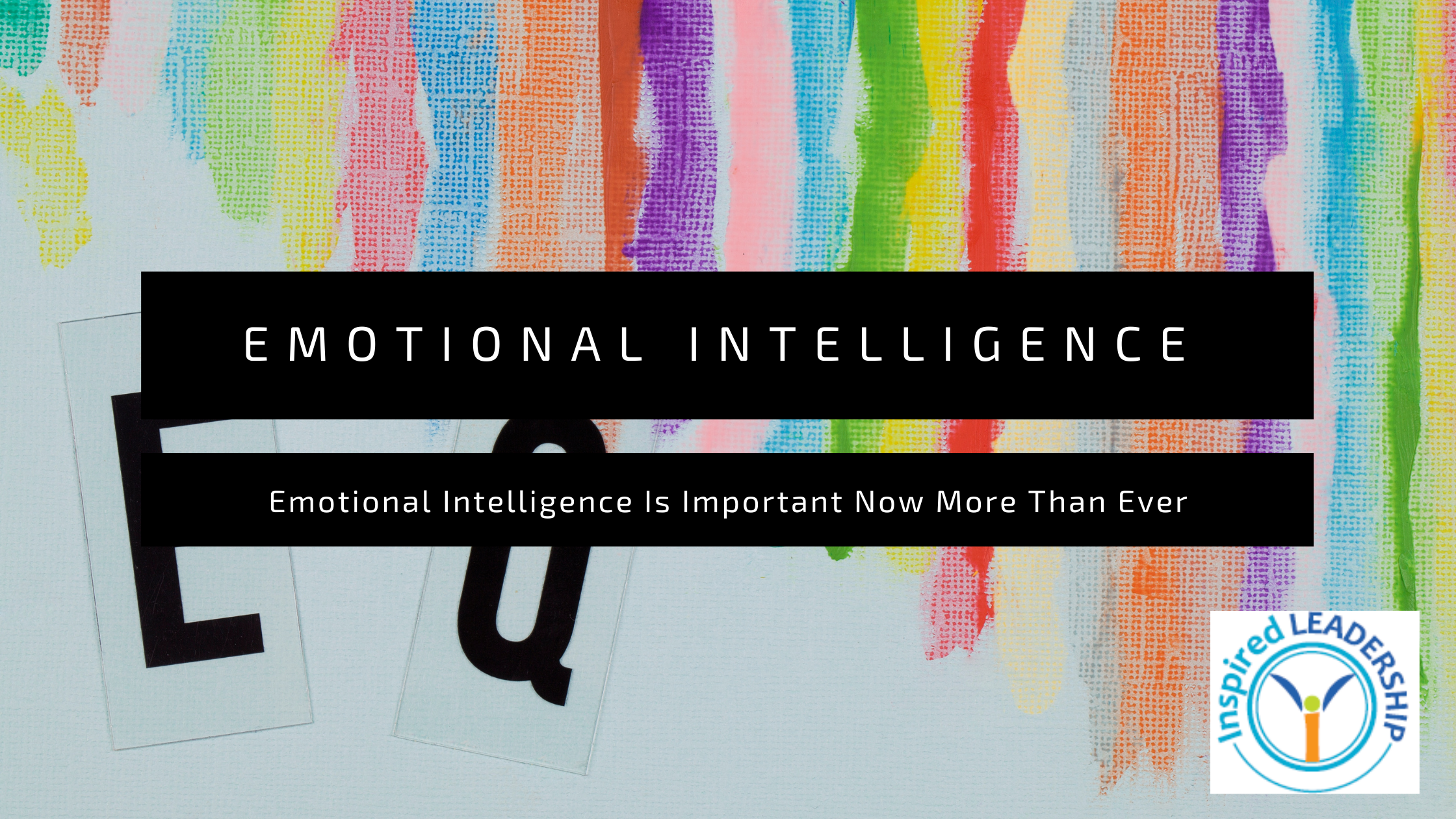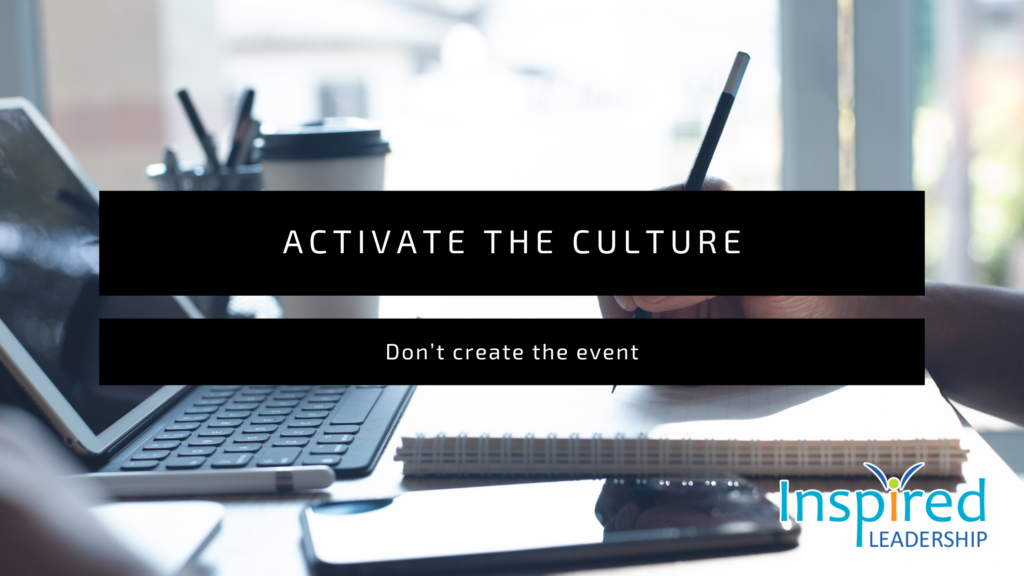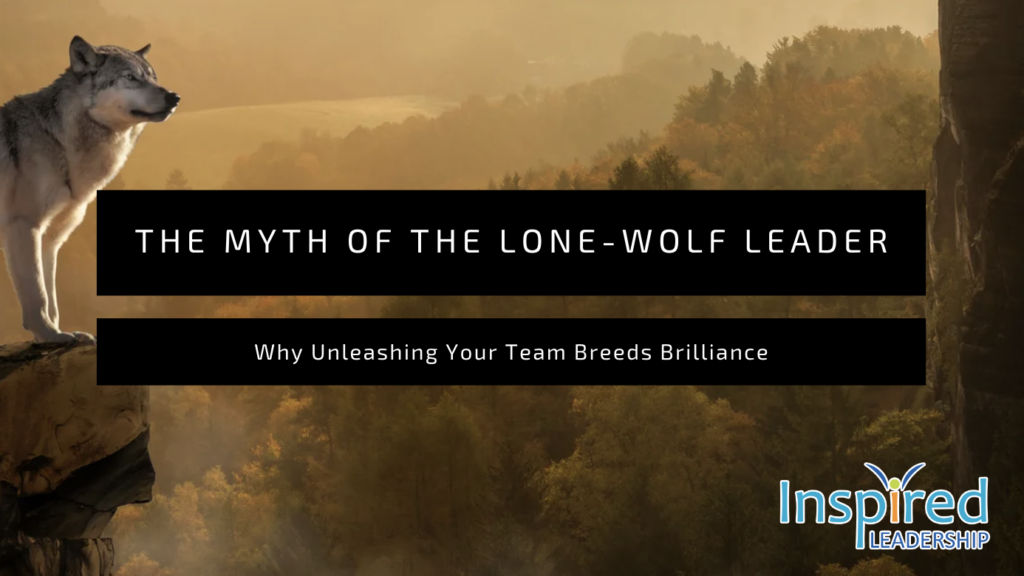It has been said that E.Q. is more important than I.Q. and in today’s ever-changing world leaders must have the emotional intelligence to lead people. It is always a sad situation to watch a person with a high intelligence remain stuck on the ladder of success because he/she has never developed the awareness and social skills needed to relate to others.
Emotional intelligence in self-awareness
Sometimes we lack self-awareness as to what makes us unique and how that benefits ourselves and others. I remember when I took my first personality assessment which happened to be a DISC profile. The results enabled me, for the first time in my life, to understand why I did the things I did and how to better relate to others. This was a freeing moment in my life. I no longer felt like there was something wrong with me when my emotions were not the same as others. I just had a different personality, and my strengths and weaknesses were not necessarily like my co-workers. It did not make me or them, good or bad, right or wrong, simply different.
Now, as I have taught personality awareness and emotional intelligence to others, I always caution as it is not to be used as an excuse for our behaviors, but rather as a check to remember how others interrupt our actions. Being aware of how others see you and correcting those rough areas that keep us from being more relatable is key in being more emotionally intelligent.
Build more emotional intelligence and become more aware
Those who use it as a way to justify their behavior, such as saying, “It is just my personality,” will rarely get that promotion and success in positions where people relations are key. Here are five ideas that will help you build more emotional intelligence and become more aware of how others will receive and perceive your leadership ability.
- Before reacting to a situation or a person, stop and look at the situation from another perspective or from that person’s point of view. Walk-in their shoes.
- If you are angered, walk away from the situation and come back later to address it.
- Take time to listen to others and learn more about them so that you have a better understanding of their feelings based upon their life experiences. Keep in mind, rarely do we know what other people have gone through in their history. When teams can be truly honest and trusting to share, it becomes an eye-opening experience and develops a huge amount of understanding. It takes real trust for people to be that vulnerable.
- When another person “gets on your nerves,” challenge yourself to see the relationship you want to have with them. Imagine how great it could be if they… Then begin by treating them in the manner as if they were that person. When you begin to react differently to a person, they automatically begin to act differently towards you.
- Sometimes the best thing to do is nothing at first. Spend some time figuring out different strategies that might work. Try something different until you find the strategy that works best in the situation.
In all of the ideas above as I was working as an educator dealing with children and staff members. Emotional intelligence also comes down to listening to your intuitive factor to know which strategy to try first. If the goal is to develop a working environment where people want to feel part of the team and know that they are valued, it becomes imperative that leaders in the organization develop the skills necessary to build strong relationships with their people.
The ability to manage and control responses
Not only is emotional intelligence important in being more self-aware and productive in building relationships, but it is also key in one’s ability to manage and control responses. It is not a very pleasant situation when someone is angry and yelling in the workplace or disrespectfully treating others. A highly emotionally intelligent person will be able to remain calm and be able to show empathy towards others and their situations.
I remember being in an airport years ago when there was a computer glitch that grounded numerous flights. As I was standing in line waiting to find out about my connecting flight, I observed the attendant at the desk talking to many angry people. There were very few flights, rental cars were sold out and many people felt very stranded. This lady kept her cool and showed great emotional intelligence as she dealt with customers that were belligerent and
upset, not with her, but with the situation.
How we handle and control ourselves in situations as well as our ability to show empathy while building relationships and increasing our social skills are all part of our emotional intelligence.
What are you doing today to increase your Emotional Intelligence?
You might be interested to find out more about Emotional Intelligence and access our Treasure Trove of recordings & gifts.
About the Author
 Patricia Stepler is a certified Channel Partner of Inspired Leadership. She is the owner of Your Dream Power and is the only Mindset Success Coach who utilizes an innovative, 5-step system for business leaders, professionals, and entrepreneurs around the world who want to accomplish their dreams and live the lifestyle they choose, at a time when most leaders allow the world to dictate what they can accomplish.
Patricia Stepler is a certified Channel Partner of Inspired Leadership. She is the owner of Your Dream Power and is the only Mindset Success Coach who utilizes an innovative, 5-step system for business leaders, professionals, and entrepreneurs around the world who want to accomplish their dreams and live the lifestyle they choose, at a time when most leaders allow the world to dictate what they can accomplish.
Contact Patricia to learn more about how to develop an emotionally intelligent workplace by implementing the unique Inspired Leadership learning approach in your organization.
LinkedIn: Patricia Stepler ; patricia@yourdreampower.com





